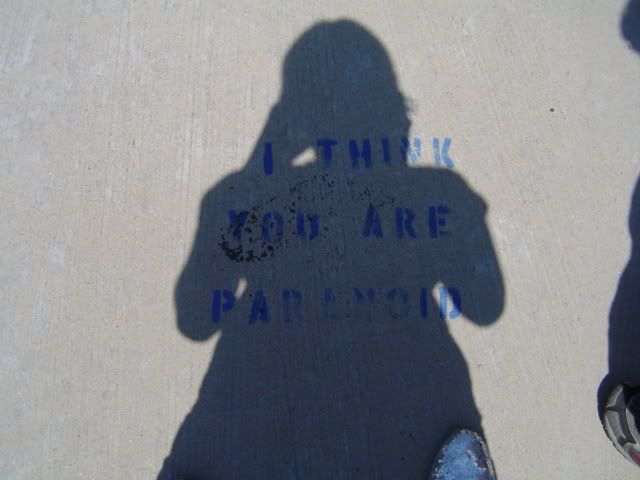It needs work, but it has the potential to express my statement of intent in a way that words alone cannot. I can't think of a better way to emphasize my commitment to interdisciplinary art and writing.
The planned edits are as follows, and will be done by tomorrow:
- Adding a bibliography
- Adding a colophon
- Changing the order of pages
- Rendering the quotations in scanned images of my handwriting, rather than erroneously double-embedded italic text that caused the black dots / missing text print error.
- Maybe adding another Susan Howe quote. She is the main influence on the work.
- On a whim, I may throw in a scanned image of handwritten Greek, as a little counterpoint to the Westminster Hebrew computer code thing.
- Edit or delete the poetry on the final page, and/or move it to a different part of the book.
The prose sections get shorter toward the end, but I've decided not to try adding anything to them. Things are explained more explicitly at the beginning, and then everything rests in implications toward the end, particularly as the "Birdman subplot" develops.
Someone told me, following the poetry reading, that I sounded "a little preachy." I am unsure what exactly he was referring to. Was it the declarative / explanatory tone I used in the beginning, where I think I lead the reader a little bit more, or the way that I talk about God, or a combination of the two? Well, the microphone at a reading is, and should be, a pulpit from which the passionate poet strongly declares whatever they believe. The last thing it should be is noncommittal and boring. If I read it better, I probably would have sounded more preachy.
I could certainly learn a few things from the recent reading of Allen Ginsberg's Howl, which occurred at Circle Cinema on Friday, December 10th. It was a spectacular first encounter with the poem, better than the reading within the film. As much as possible, a reader should become a conduit for what they are reading, and must read truthfully and passionately.
"Holy Tulsa," indeed.
